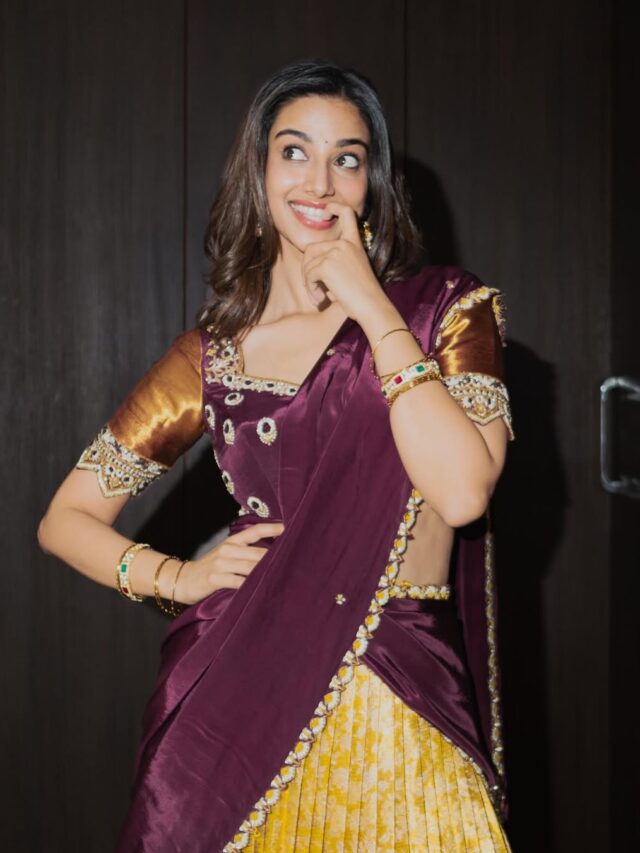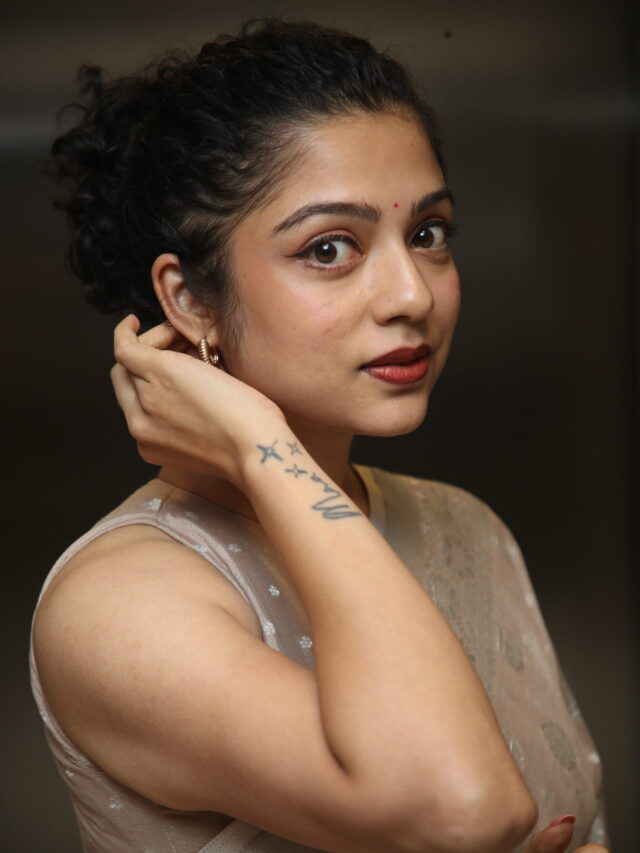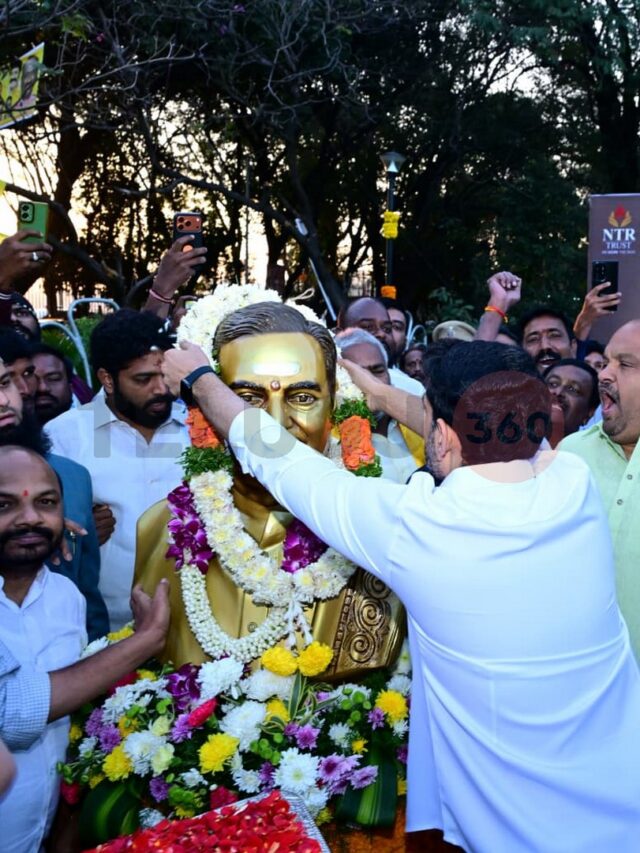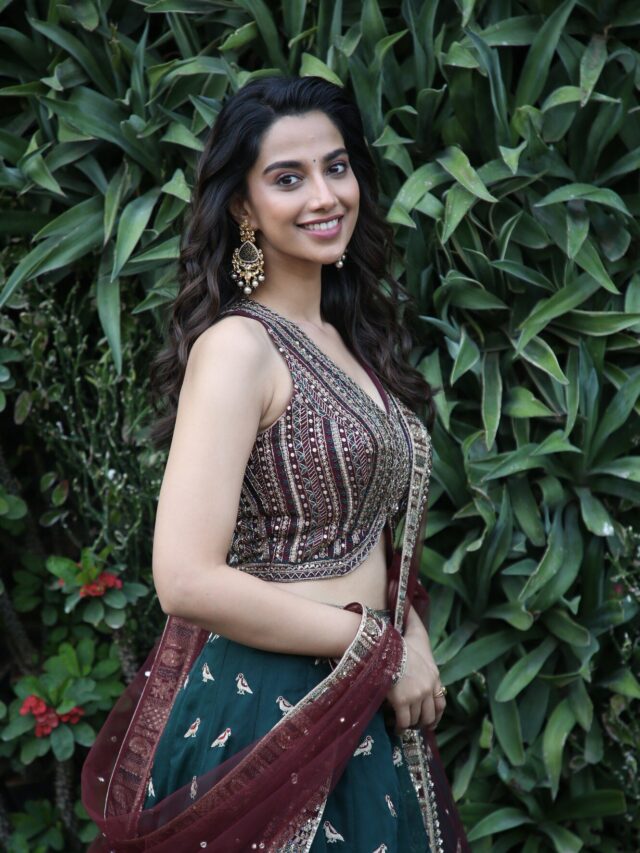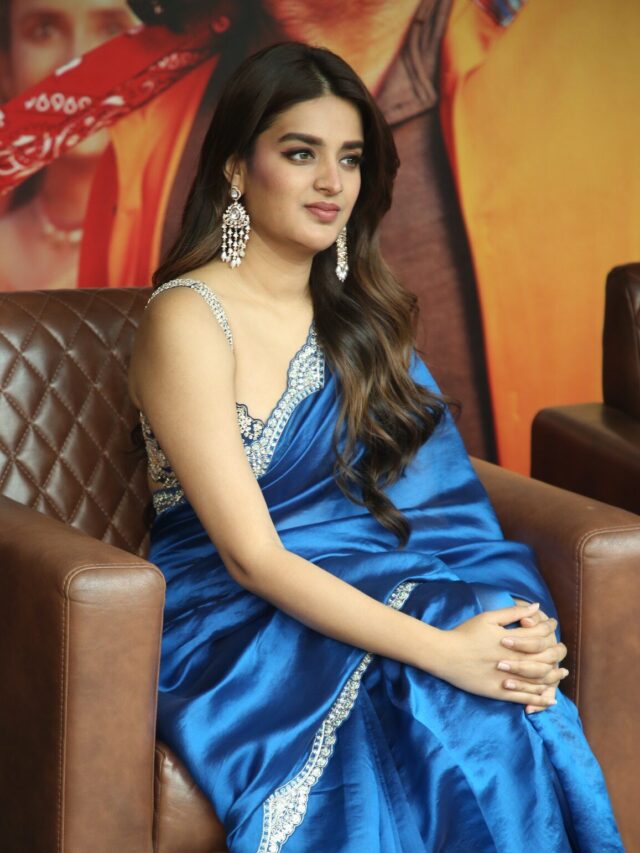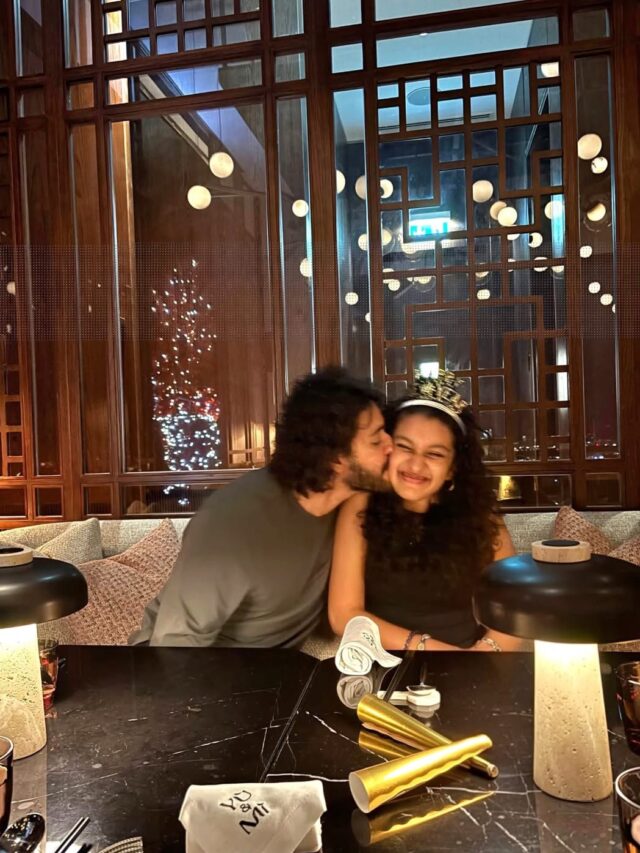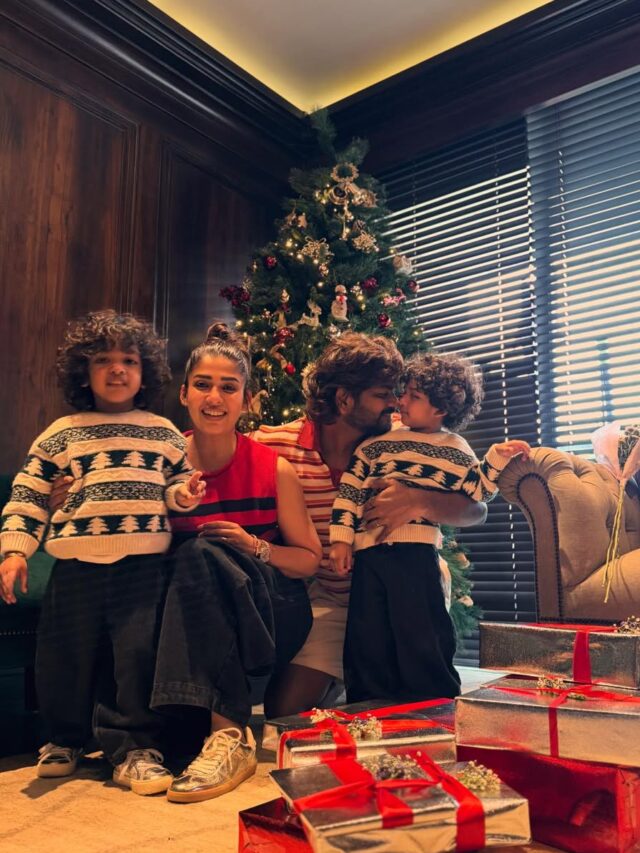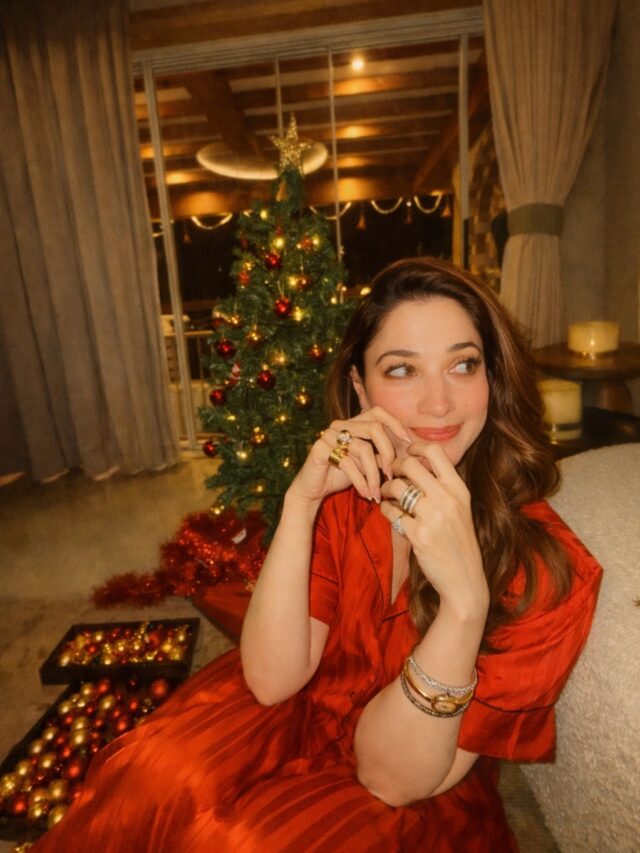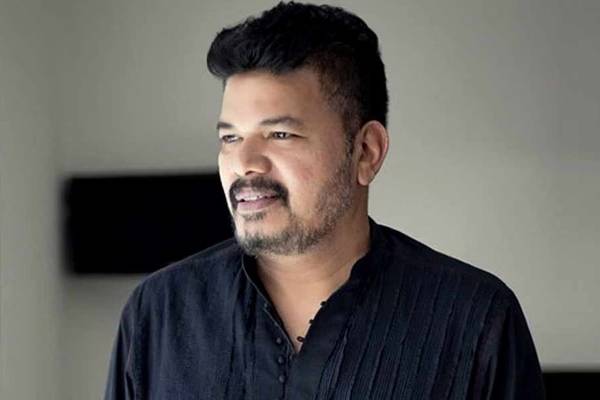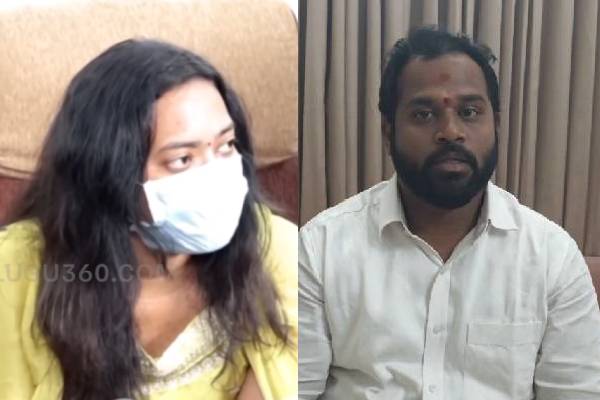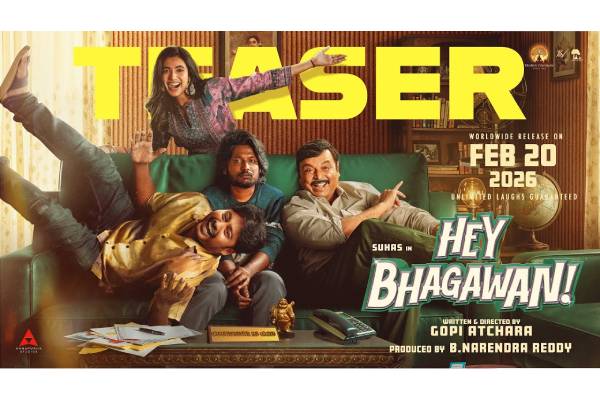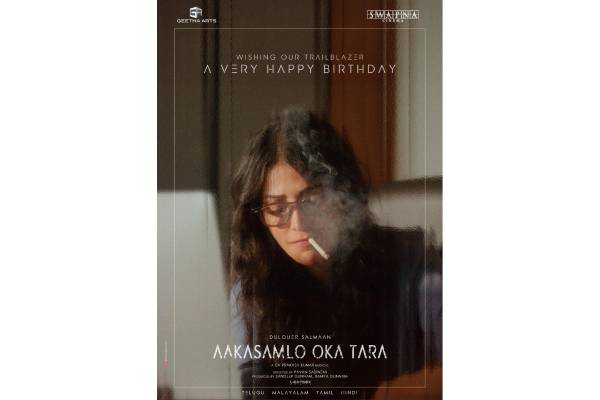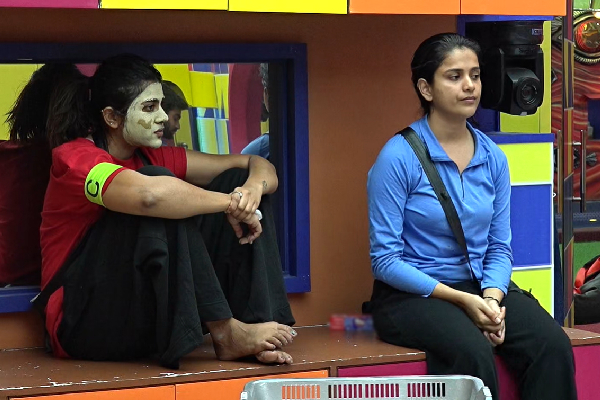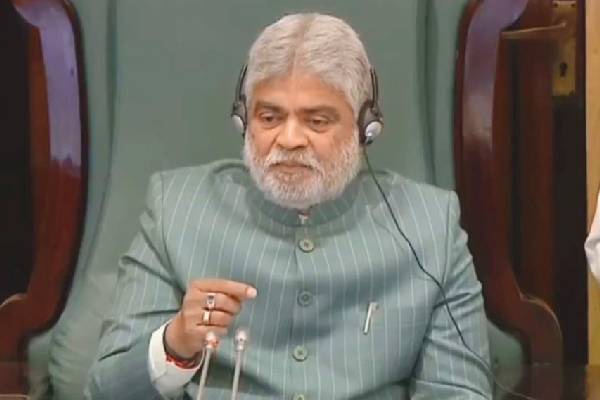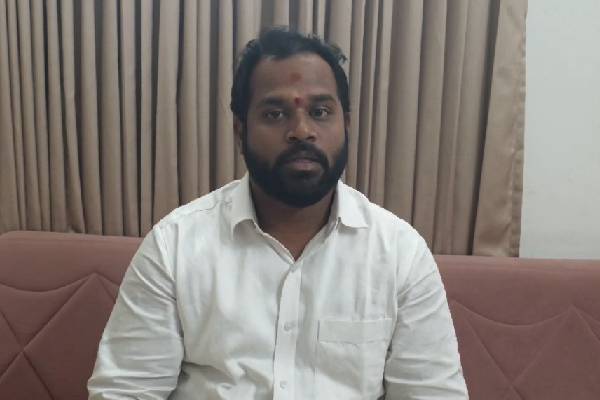Bigg Boss Telugu has always projected itself as a reality show driven by audience votes and fair competition. Viewers invest emotionally, believing the trophy ultimately goes to the contestant who earns genuine public love. However, in recent seasons, a new question is gaining momentum: Is there an unofficial MAA TV quota influencing who gets protected and pushed toward the finale?
The Assumption of Fair Play
The core appeal of Bigg Boss lies in its promise of transparency—contestants are expected to survive purely on performance, relatability and public voting. Audiences assume the journey is authentic, from nominations to evictions, and that the winner is someone who resonates widely with people across Telugu states.
But repeated patterns and carefully designed tasks have created doubts. Many viewers now feel the playing field isn’t level.
Why “MAA TV Quota” Became a Talking Point
In recent years, Bigg Boss Telugu has featured a notable trend: contestants associated with MAA TV—especially those transitioning from other TV channels—are not only being cast but seemingly protected deep into the season. While casting familiar faces is understandable, their prolonged survival, even after receiving strong negative feedback, raises questions.
Season 7: The Major Red Flag
Several contestants in Season 7 revived the debate.
Shobha Shetty – Despite receiving heavy backlash for weeks and being repeatedly called out by viewers, she stayed in the house for 14 long weeks. Her longevity was widely attributed to her connection with MAA TV through Karthika Deepam, a serial that ran for years.
Amardeep – He too appeared to receive consistent support from the makers, often being saved through conveniently structured nomination processes.
Priyanka Jain – Though she reached the finale through strong public support, many viewers still believed her MAA TV visibility played a role in her consistent positive portrayal.
These trends strengthened the perception that contestants linked to the network receive preferential treatment.
Season 9: A Similar Pattern?
The conversation has resurfaced strongly this season. Among the likely finalists, three names repeatedly come up—Thanuja, Emmanuel and Rithu Chowdhary.
Emanuel unquestionably deserves his spot due to sheer entertainment value. His comedy, bonding, emotional moments and relatability have won the audience over.
• Tanuja, though a strong player, is believed to be receiving extraordinary support from the makers. Reports suggest she gets frequent guidance in the confession room. Whenever her graph dips, the show subtly rebuilds her image. A notable example is when she disrespected Ramu; public sentiment turned negative, but the next weekend, the show aired curated “funny clips” of Ramu, reversing audience anger on Tanuja.
• Rithu Chowdhary was close to elimination earlier, but Bigg Boss shielded her during Firestorm entries. Now, she is positioned as a finalist, and many believe this is due more to network backing than audience demand.
The debate around a potential MAA TV quota has grown louder because certain patterns keep repeating season after season. While it is natural for any channel to showcase its own talent, viewers expect fairness and transparency—especially in a show marketed as a true reflection of public opinion.
Whether there truly is a quota or simply a series of coincidences, one thing is clear: audience trust must be preserved. Bigg Boss needs to ensure the game feels authentic, or else the credibility of the entire format risks eroding.
-ZURAN


